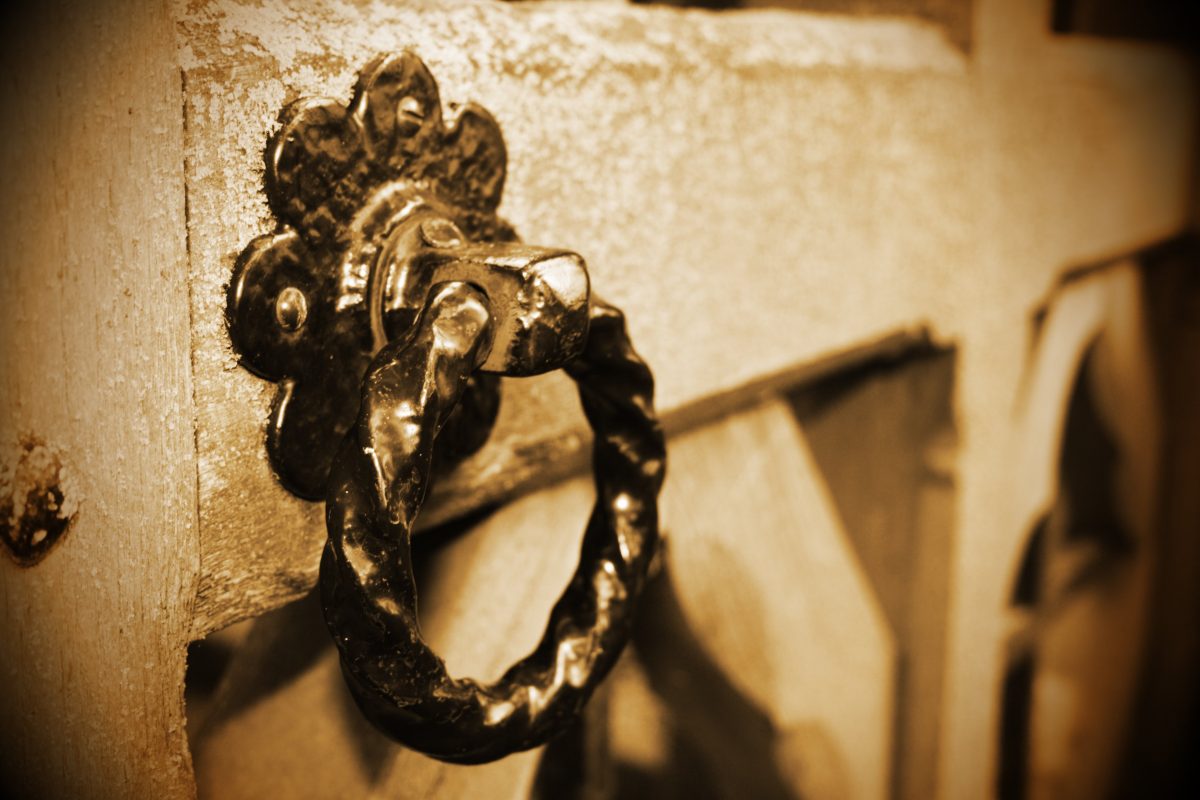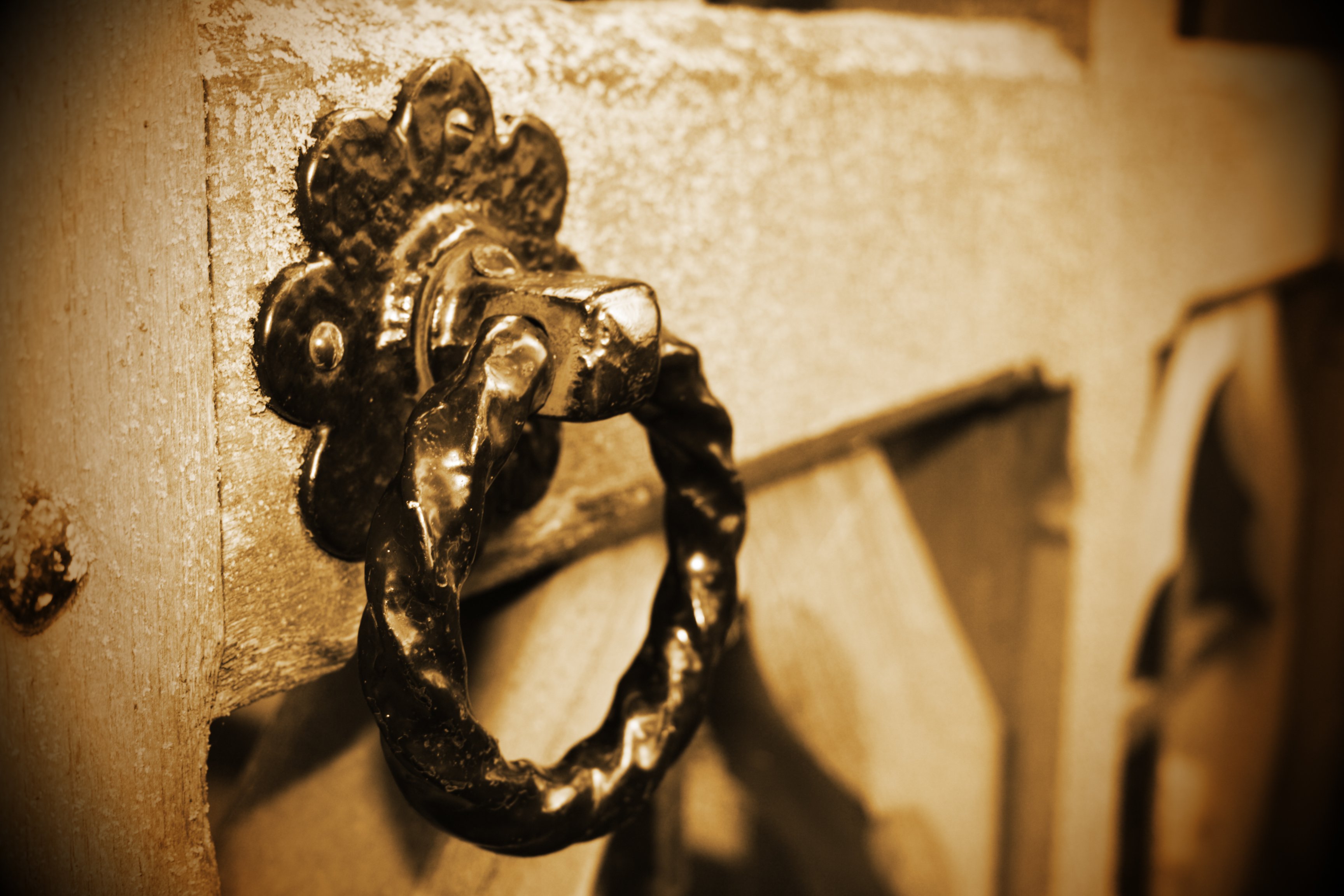
A reflection on the Twenty-first Sunday in Ordinary Time. First Reading: Isaiah 66.18-21; Second Reading: Hebrews 12.5-7, 11-13; Gospel: Luke 13.22-30
“After the master of the house has arisen and locked the door, then will you stand outside knocking and saying, ‘Lord, open the door for us.’ He will say to you in reply, ‘I do not know where you are from.’ And you will say, ‘We ate and drank in your company and you taught in our streets.’ Then he will say to you, ‘I do not know where you are from.’” Luke 13.25-27
When Jesus answers the question, “Lord, will only a few be saved?” he uses the parable of the master of the house who shuts the door on those who say they know him. Yet the master says, “I do not know where you are from.”
What is Jesus saying about what it means to know and follow Christ? Who will the Master recognize? In his every teaching and action, Jesus has shown us the way of the Gospel, the way of the narrow door, the way that is pleasing to God, the way to Eternal Life…
Christ, if he had wanted, could have enjoyed a comfortable and leisurely life during his time on earth. After all, he was God and He could certainly have arranged things differently. His parents might have been wealthy. He could have been born in a castle. Instead, he chose a stable. He might have lived his growing years in the bright lights of the city attracting all kinds of attention. He preferred to remain unknown and hidden in the humble surroundings of Nazareth.
He might have soft-peddled his message to have it accepted by all. Rather, he gave it straight. Some accepted it, others found it too difficult, still in others it evoked hatred, anger, and strong criticism and finally it led to his death.
He chose to be on call anytime and anywhere. He wanted to be where he was needed. He could have mingled with the upper crust of society enjoying all kinds of social activities. However, his friends were the common people, the poor, the destitute, the oppressed, the suffering, and the outcasts.
It was hardly by accident that Christ chose to live this type of life. He had a message to bring and he wanted to live out this message to the full. He was the ideal Christian, the supreme example. To be a Christian means to sacrifice, to struggle, to suffer, to love, to stand up for what is right. Christ did all this. And so must we. Only then will the Master know us.

